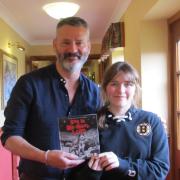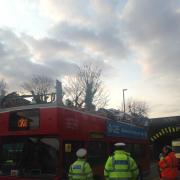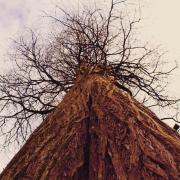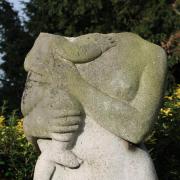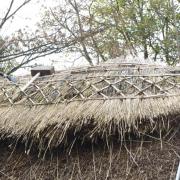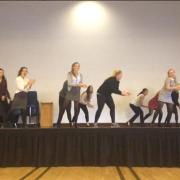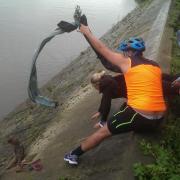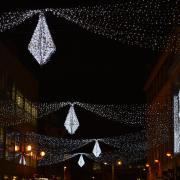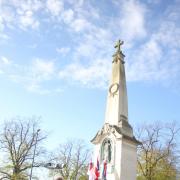
The novel Coronavirus has led to many social changes and restrictions to the public’s movement.
During mid March, it was increasingly encouraged that the British people must reduce our social contact. Nevertheless, thousands of people flocked to sites of natural beauty varying from Snowdonia and the Lake District’s peaks, to Cornwall and Brighton’s sunny beaches. The Royal Parks of London also became crowded with friends and family enjoying the March sunshine. Images of Hyde Park, for example, on BBC News highlighted the disregard and difficulty in following governmental advice of social distancing, especially on Mother’s Day. This prompted Prime Minister Boris Johnson to announce on Monday 23rd March, live to the nation, that the UK was now in a state of lockdown. This was delivered in a fairly blunt and direct fashion, telling 27 million TV viewers of the unprecedented strict measures now in place. Suzy Bowden, 50 in Esher, remarked: “It is one thing following a suggestion to stay indoors; it is another thing to have a rule of isolation imposed upon you.”
Since the Prime Minister’s speech, the British people have had to adjust to life in isolation. They can only go out for limited purposes but are permitted one outdoor excursion for exercise. This has sparked an appreciation for our outdoor areas in South West London, especially: Bushy Park, Richmond Park, Kew Gardens and the National Trust gardens. Richmond Park, which covers over 2300 acres of land, therefore boomed in popularity with walkers, cyclists and runners seeking to enjoy outdoor places. Unfortunately, this resulted in the Royal Parks taking the unprecedented decision of closing to cyclists on the 28th March. A Royal Parks’ spokesman said it is necessary to suspend cycling in Richmond Park due to “crowds at Park gates becoming hugely congested”. Never before has action like this been taken. On Sunday 22nd March, the National Trust Director, Hilary McGrady, announced the decision to “close all [their] gated parks and gardens to help restrict the spread of Coronavirus”. In addition, “many of [their] car parks for countryside and coastal locations have had to close due to high demand”. Some might see this as ironic due to the fact that people will inevitably be searching for more outdoor space and fresh air in the coming weeks.
Finally, and perhaps most surprisingly, walkers and joggers are now finding it increasingly challenging to find woodland in which they can take their daily exercise. One avid dogwalker in Esher, David, received a list of woodland car parks in his local area which have been closed until further notice by the relevant authorities. This poses a problem, in conjunction with the closure of local parks, for those in South West London who need green areas to run, walk or cycle. It appears that the reach of Coronavirus has not only taken away the freedoms within our homes, pubs, restaurants and offices; but is also taking our freedom to enjoy the outdoors.






